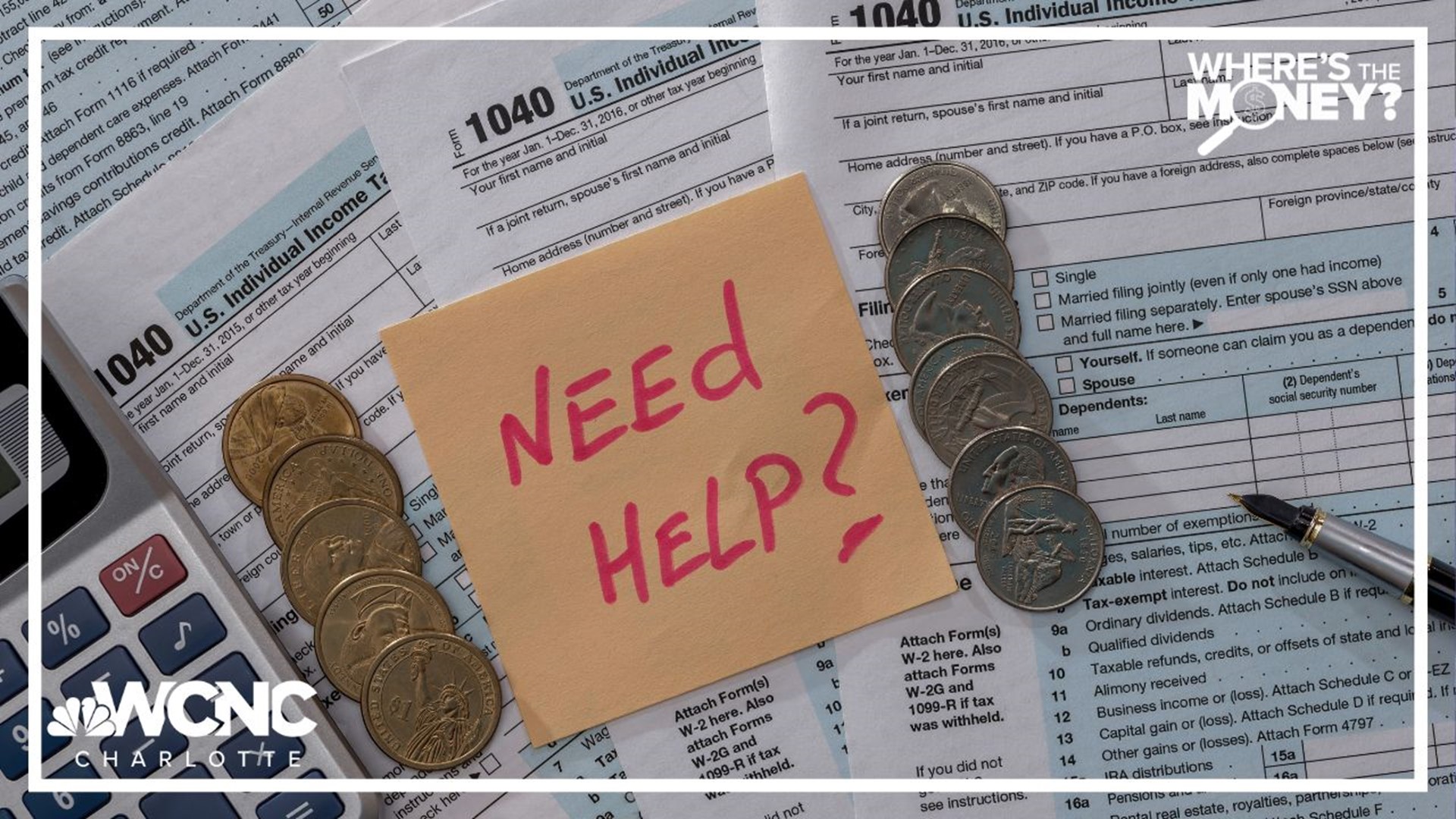CHARLOTTE, N.C. — Monday is Tax Day, and WCNC Charlotte is breaking down some last-minute tips if you still need to file.
Josselyn Eldondo works for BeeTax in Charlotte. She said if you won't complete your taxes by end of the day on Tax Day, file for an extension. That's going to give you another six months to file and avoid penalties.
To let us know how WCNC Charlotte can help you get ahead in 2024, email us at newstips@wcnc.com.
For anyone who owes, Eldondo said there's more than one way to pay.
"You can make a payment plan," Eldondo said. "It's going to have, also, interest -- but it's going to be less than if you wait until you're ready."
For those who already filed, let's take a closer look at how long the IRS has to catch taxpayer mistakes, and how long you have to fix them before facing penalties.
The Wall Street Journal broke it down into four time periods.
The first is three years, or the "normal" period. That's how long the IRS has to question any information on individual returns and audit them. Most of the time the taxpayer in question can appeal results.
Keep in mind, though, if you don't answer the notice coming from the IRS within 90 days to fix any errors, you could be stuck paying a tax bill with interest.
Next up is a six-year window. The agency has up to six years to find taxpayers who omitted over 25% of their income. That applies to money you're getting from any and all sources -- a full-time job, freelancing, side hustle, or otherwise.
Finally, the IRS has 10 years to collect money from those who owe. The agency can garnish your wages or take the money directly from your bank account.
If it's established you owe money, you can pause the clock by asking for an "offer in compromise." This will allow you to negotiate how much you owe.
It's important to note there's no statute of limitations when it comes to civil tax fraud. The IRS has to show the evasion was willful, though.
Contact Kia Murray at kmurray@wcnc.com and follow her on Facebook, X and Instagram.

